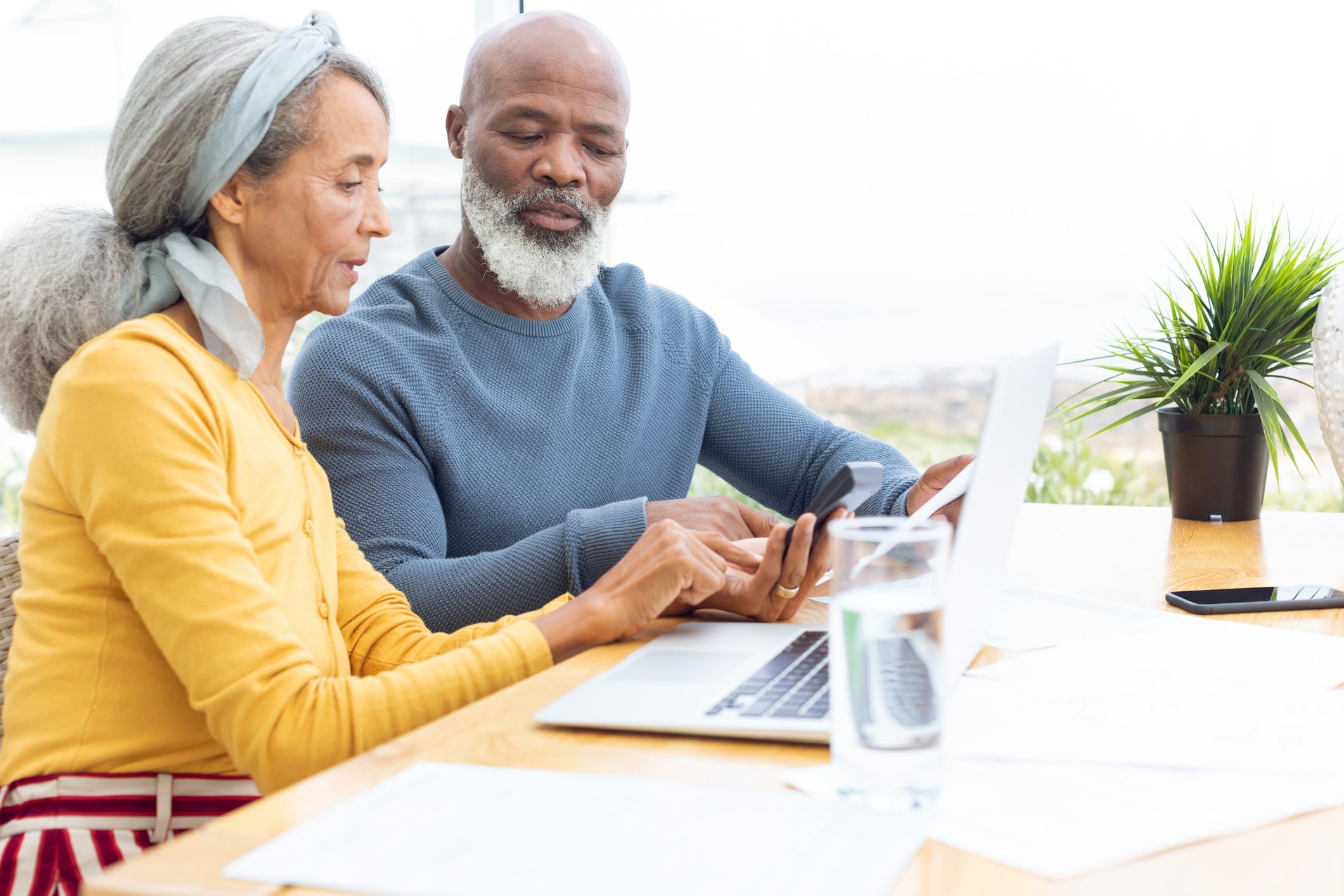Fraud and misinformation: 5 ways to stay protected during the Covid-19 pandemic
The key things you can do to keep informed and secure in the current climate

During the Covid-19 crisis, the rate of misinformation and cybercrime has proliferated. Whether it’s inaccurate social media posts claiming the virus can be cured by gargling water or criminals preying on vulnerable people via bogus emails and texts, many of us will have encountered false and potentially dangerous advice and information over the past few months, only serving to exacerbate fear and worry in a time of already heightened anxiety.
But fortunately there are key ways to stay protected, secure and informed. Here are five important tips to put in practice…
Be wary of who is contacting you
With evidence of people receiving false ‘fines’ from the Government via text, it’s important to know how to identify suspicious correspondence. Banks and police will never ask somebody to transfer funds, nor will they ask for full banking passwords or a pin. Always take a moment to assess what’s in front you before divulging information. Typos and mistakes are common in fraudulent emails and you can always contact an organisation via an official, publicly available email address or phone number to check what is legitimate.
Update your operating systems
To help protect your devices from dangerous malware, spyware and other cybercrime, ensure you have the latest software, apps, operating systems and security systems across all your devices.
Never click a link from an unknown source
Even if it might seem harmless, it could be a phishing email. If it looks like you know the sender, speak to them on the phone first to ensure it is safe.
Check who you’re buying from
When Darrell H, 45, a draftsman based in London, received an email from someone pretending to be a Turkish company selling ventilators, testing kits and PPE last month, he was instantly sceptical.
“I immediately put it in junk because it’s unsolicited,” he says. “I don’t deal with medical equipment or procurement of anything of that nature.” But he fears people who are under certain pressures could be fooled, leaving them open to a risk of identity theft.
Sadly, this isn’t an isolated case – there have also been cases of people buying masks and hand sanitisers from online outlets, which turn out to not exist. Stick to well-known retailers you trust to stay safe.
Verify any medical advice
In a time of heightened fear, it’s natural for people to want to do what they can to protect their health, but unsubstantiated theories and treatments have rapidly spread. One widely-shared theory even (falsely) suggested that the ability to hold your breath comfortably for at least 10 seconds meant you were free from the virus.
Safe medical advice should always be confirmed by the NHS, Public Heath England, the Government and their respective websites.